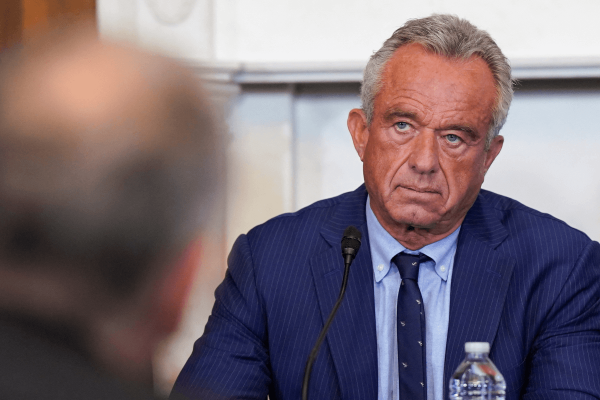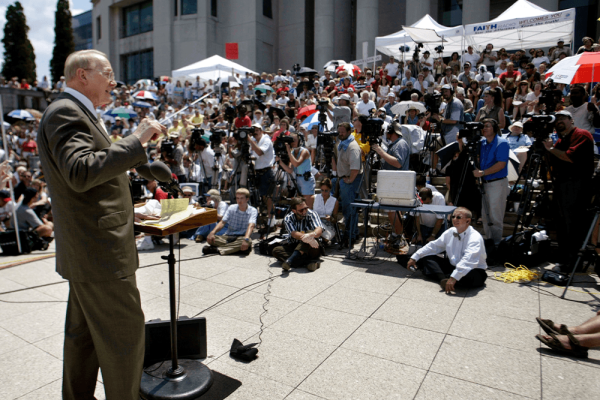I SIT IN one of our robin’s-egg blue chairs on our front porch, one of my favorite places on earth. It has been a haven of peace, a slice of paradise amid the pandemic. It is dark. And late. And chilly. No one is around. Looking up between two branches of our mature red maple, I can see at least one star twinkling.
My mind’s eye turns to the stars in the desert. I dream of laying down, blanketed by the desert night, and staring up at the Milky Way in a reverie of wonder. Suddenly my thoughts shift to the shepherds on the night of Jesus’ birth who were minding their own business and about to turn in for the night. I imagine them comforted by the constant companionship of their night lights—the stars—and their sheep, whose bleating lulled them to sleep in the wilderness.
On this night—and really all throughout the year—I cannot stop thinking about how a mass choir of angels unexpectedly appeared to the shepherds to announce Jesus’ birth. Advent. Why appear to those looked down upon as poor societal nobodies? Why parade through and light up the night sky in concert for those the world deems to have little to no worth? Who would believe their testimony anyway?
For that matter, why did the God of the universe choose to come to human life through a poor, teenage virgin living in a first-century, Roman-occupied, agricultural region? Jesus’ birth had the real possibility of sullying the reputations of Mary and Joseph; it also motivated Herod to hunt them down, as if they were prey. In an effort to secure his kingdom from the threat of a would-be Messiah, Herod exterminated all the boys under two years old in Bethlehem (Matthew 2:16-18). Even as a newborn, Jesus and those associated with him threatened the empire, the dictator—those in power. He and his family turned into political refugees after an angel warned Joseph in a dream to escape to Egypt to avoid Herod’s deadly fury (Matthew 2:13-15). Look here! God is among the poor and lowly, among war and terror and massacre at the hands of empire. This is Advent.
More than 2,000 years later, thousands of miles from Palestine, wrapped in chilly darkness, I am looking into the night sky. No angels have appeared to me. No messages have been given to me in dreams telling me to escape. And yet, come to think of it, I have encountered Mary and Jesus and Joseph fleeing for their lives. I have seen them begging for asylum, for mercy here in the United States because of poverty and everyday terrors at home. I have looked them straight in the eyes, and I have seen the face of God. I’ve spoken to them in Spanish, translated, offered whatever our church and my family could give as they made their way to temporary safety. Indeed, God has appeared to me through them. Among them I have sensed the presence of angels. Advent.
God is always among the poor and the downtrodden—the shepherds, Marys, and Josephs of this world, the tax collectors, the sick, and the sinners. God is smack-dab amid evil empires. And of course, God is among some of the rich too. While we don’t instrumentalize the oppressed that we might see God, we are to serve them, be among them, and learn from them. When the oppressed are our teachers, when we are where God has a habit of being, then there is no doubt we will experience grace and find ourselves among a host of angels, seen and unseen. We will experience Advent.

Got something to say about what you're reading? We value your feedback!






